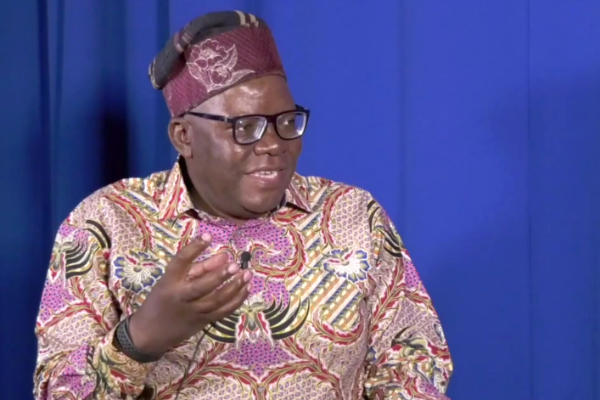Dealing in foreign currency does not break any law, Biti tells court

PEOPLE'S LAWYER: Tendai Biti
In the bustling streets of Harare, at the intersection of Angwa Street and Nelson Mandela Avenue, Albert Dzikamai Chekure, a 31-year-old father of two, found himself ensnared in a legal conundrum that has sparked a national debate on the legality of foreign currency transactions. On April 18, Chekure, a City of Harare meter reader, was arrested for allegedly contravening exchange control regulations—a charge that has since been contested by former finance minister and human rights lawyer, Tendai Biti.
Background: Zimbabwe’s economy has been characterized by currency instability, leading to a series of legal and financial reforms. In 2009, amidst hyperinflation, the country adopted a multi-currency system, legalizing the use of the US dollar alongside other foreign currencies. This move was solidified by various statutory instruments and amendments, culminating in the Exchange Control (Amendment) Regulations 2017, which recognized certain foreign currencies as legal tender within Zimbabwe.
The Incident: Chekure’s routine day took an unexpected turn when an undercover detective propositioned him for a currency exchange—Zimbabwe’s new currency, the ZiG130, for US$10. The transaction, conducted via mobile banking, led to Chekure’s immediate arrest and subsequent denial of bail by magistrate Ethel Chichera, who cited the gravity of the offense and the need to shield the fledgling ZiG130 from speculative harm.
The Legal Challenge: Biti, taking the case to the High Court, asserts that the charge against Chekure is baseless. He argues that the US dollar, by virtue of being legal tender in Zimbabwe until 2030, does not constitute foreign currency under the Exchange Control Regulations of 1996. Biti’s 37-page bail application meticulously dissects the legal definitions and historical context of currency usage in Zimbabwe, concluding that Chekure’s actions were not unlawful.
The Argument: Biti’s defense hinges on the premise that the US dollar’s status as legal tender in Zimbabwe exempts it from being classified as foreign currency. He references the Finance Act No.2 of 2009 and subsequent regulations that have integrated the US dollar into Zimbabwe’s legal monetary framework. Biti contends that the dedollarization efforts were not only unsuccessful but also lacked legal coherence, leaving the US dollar as a valid medium of exchange.
The Human Element: At the heart of this legal battle lies the daily struggle of Zimbabweans like Chekure, whose livelihoods are caught between the official remuneration in ZiG and the practical necessities that demand US dollars. Biti emphasizes the unjust criminalization of ordinary citizens, highlighting the paradox of a government that pays in one currency while requiring another for essential services and goods.
The Court’s Decision: As the High Court deliberates, the outcome of Chekure’s case will have far-reaching implications for the hundreds detained under similar charges and for the broader interpretation of currency laws in Zimbabwe. Biti’s impassioned plea for justice not only seeks to exonerate Chekure but also to challenge the systemic issues plaguing Zimbabwe’s economic landscape.
This case continues to unfold, with the High Court’s ruling eagerly anticipated by many who view it as a litmus test for the country’s legal stance on currency and economic freedom. Chekure’s fate, and that of many others, hangs in the balance as Zimbabwe grapples with the complexities of its monetary policies.







